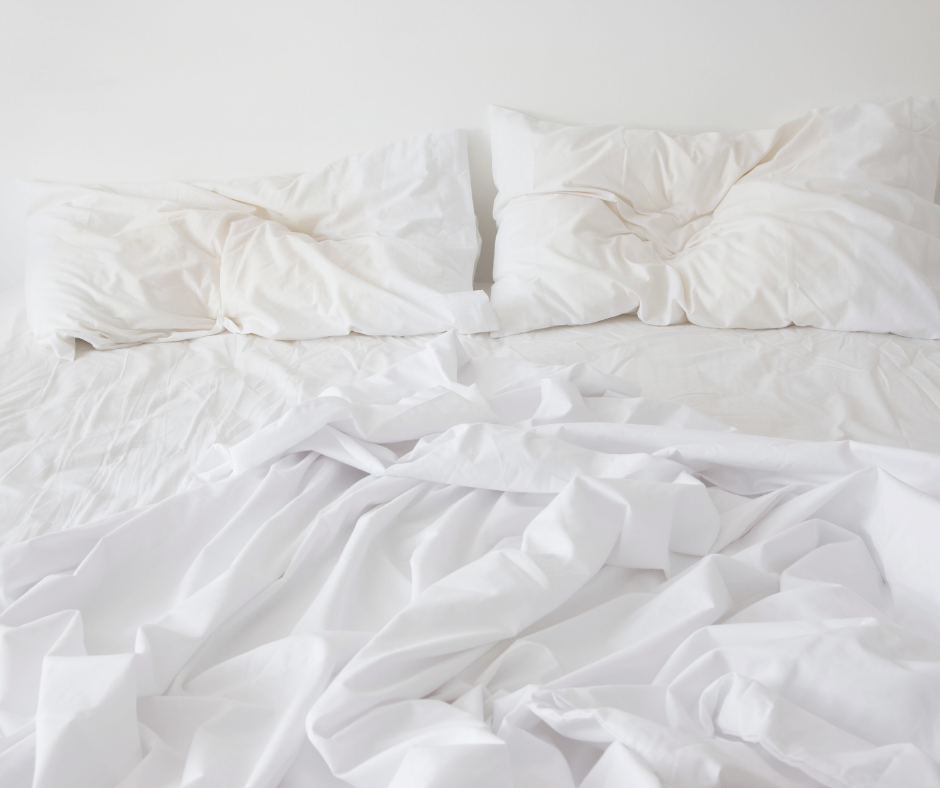|
The connection between sleep and mental health is as deep as the bond between twin siblings. Have you ever woken up and wondered, what the heck is going on? Nothing seems right. You are unfocused, lack motivation, and worse, you are cranky! While for some, these days are rare, for nearly 35% of Americans who sleep less than the recommended seven or more hours a night, you could be heading toward a path of mental illness.
The connection between sleep and mental health is as deep as the bond between twin siblings. Quality sleep allows your body to relax, repair and organize your body functions resulting in a fully-functioning and high-performing individual. Take even as little as a couple hours of sleep away and that sleep debt results in “fatigue, confusion, tension, and total mood disturbance,” as seen in a University of Pennsylvania study. Learning mindfulness meditation techniques and mindful “worry breaks” are effective in refocusing your mind understanding how sleep impacts your mental health is an important step to getting the quality sleep you need. Here’s How Sleep Impacts Mental Health: Disrupted Hormones The reason we sleep is so that our mind and our body can relax, repair itself, and organize our minds. All of this is controlled by the brain which is both prompted by and uses chemicals in our body such as hormones to regulate and process our body’s symptoms. When we experience sleep deprivation, the brain cannot efficiently manage the hormones in our bodies. This can result in abnormalities such as sudden weight gain and loss, mood instability, weakened immune system, and difficulty in mental alertness, thought, and creativity. All of these can lead to a lack of motivation, focus, and overall outlook on self-perception. Affects Your Mood and Emotions Have you ever had a poor night’s sleep only to recognize that by mid-morning you’ve snapped at your children, your spouse, and maybe even a couple work colleagues? Sleep deprivation has a significant effect on our overall mood creating a frustrated, unmotivated and inefficient person. Without proper sleep, it is harder to avoid nasty emotions such as anger, frustration, impatience, and irritation. Impairs Your Ability to Process Memories Another important element of sleep is the brain’s ability to process, file and organize our memories. These memories are as much about our emotional perception of the day as well as the next day’s schedule. Unfortunately, a lack of sleep, as it is in many other cases, creates a cyclical effect. If you don’t sleep well then you have a difficult time focusing and processing information during the day—essentially creating a poor memory. At night, the brain has not had the ability to process information in an efficient way, often mishandling or not handling memories as needed. The Circular Affect It is no secret that if you don’t get sufficient quality of sleep at night you are more likely to be fatigued during the day. In a study of American adults, this lack of sleep also affects stress-level, anxiety, frustration, anger, and future bouts of insomnia. In the short term, a person may think that this is just “one day,” but as these symptoms often lead to consistent nights and weeks or longer of insomnia, this circular effect can lead to significant mental health issues such as anxiety and depression. Lisa is a freelance writer from North Carolina that has suffered from insomnia most of her life. Her battle with her sleep disorder has made her passionate about understanding the relationship between sleep and mental health. When she isn't writing, she spends time with her pup and trying new recipes in the kitchen. Contact us to inquire about article submissions. |
|
OverviewNWO’s source for all things relationships, mental health, wellness, lifestyle, and pandemic support. Kelly Magazine is a mental health outreach initiative created by Kelly Mental Health and supported by Kelly Mental Health Foundation, a non-profit organization dedicated to improving the community in the area of mental health.
|
Magazine |
Follow Us |
In support of @kellymentalhealthfndn |
© COPYRIGHT. ALL RIGHTS RESERVED. WEB DESIGN BY KMH




